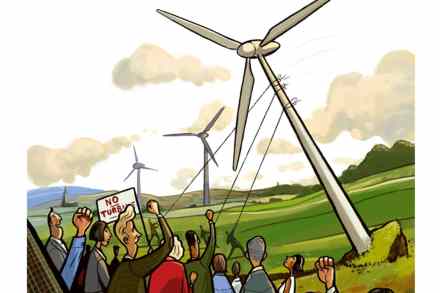An ill wind: Helm, by Sarah Hall, reviewed
To read something by the Cumbria-born Sarah Hall is to enter a dizzying, earthy and often dystopian world where the elements rule and nature is blood red. Her nine previous short story collections and novels straddle life’s peripheries, often scratching at the limits of what it means to be human. ‘Mrs Fox’, one of her best known stories – and one of two for which she has won the BBC Short Story Prize – is a visceral tale about a woman who turns into a fox. In her 2021 novel Burntcoat, a virulent virus made Covid-19 look almost benign. Helm is a different beast again, one she has been working


